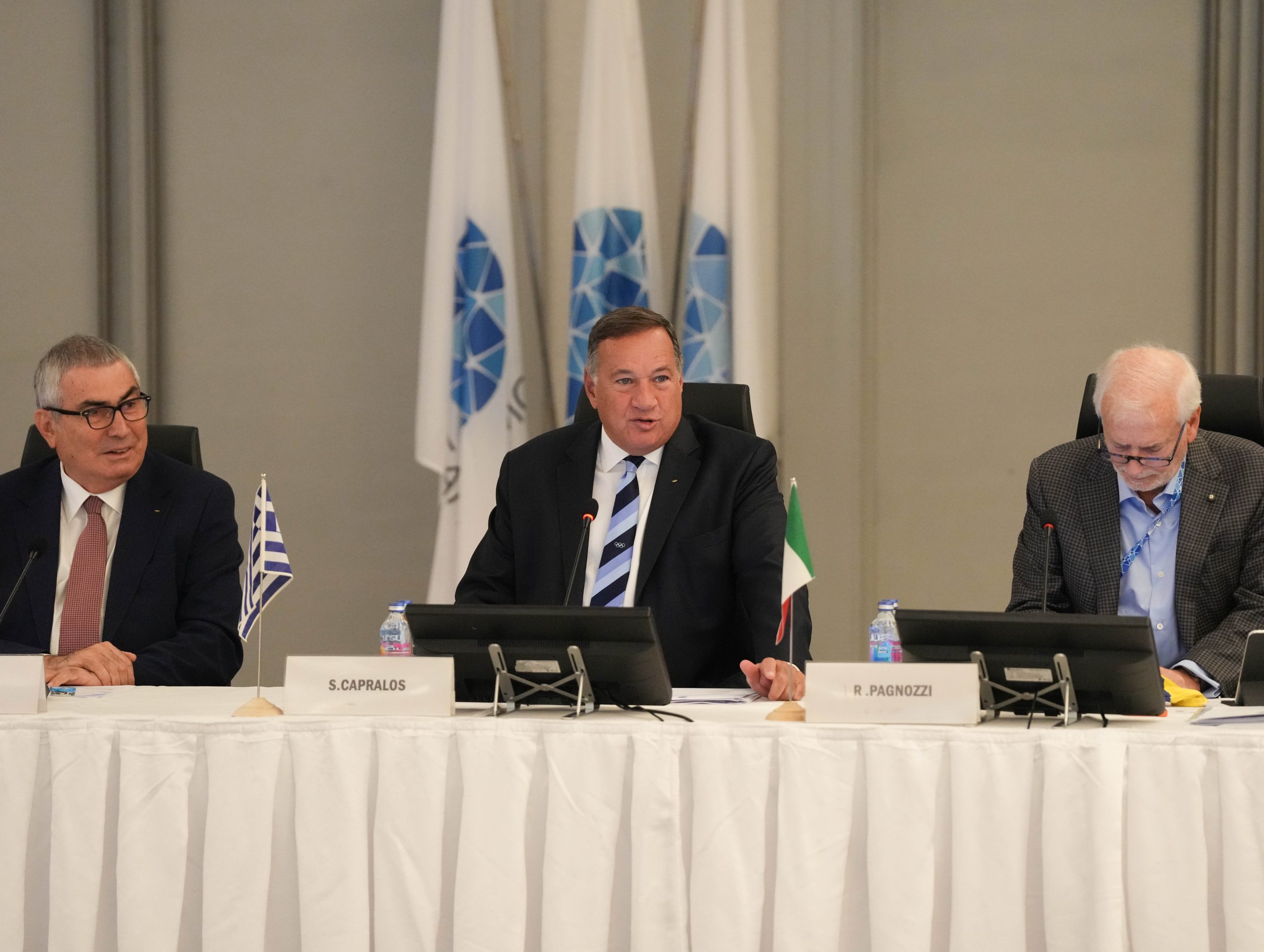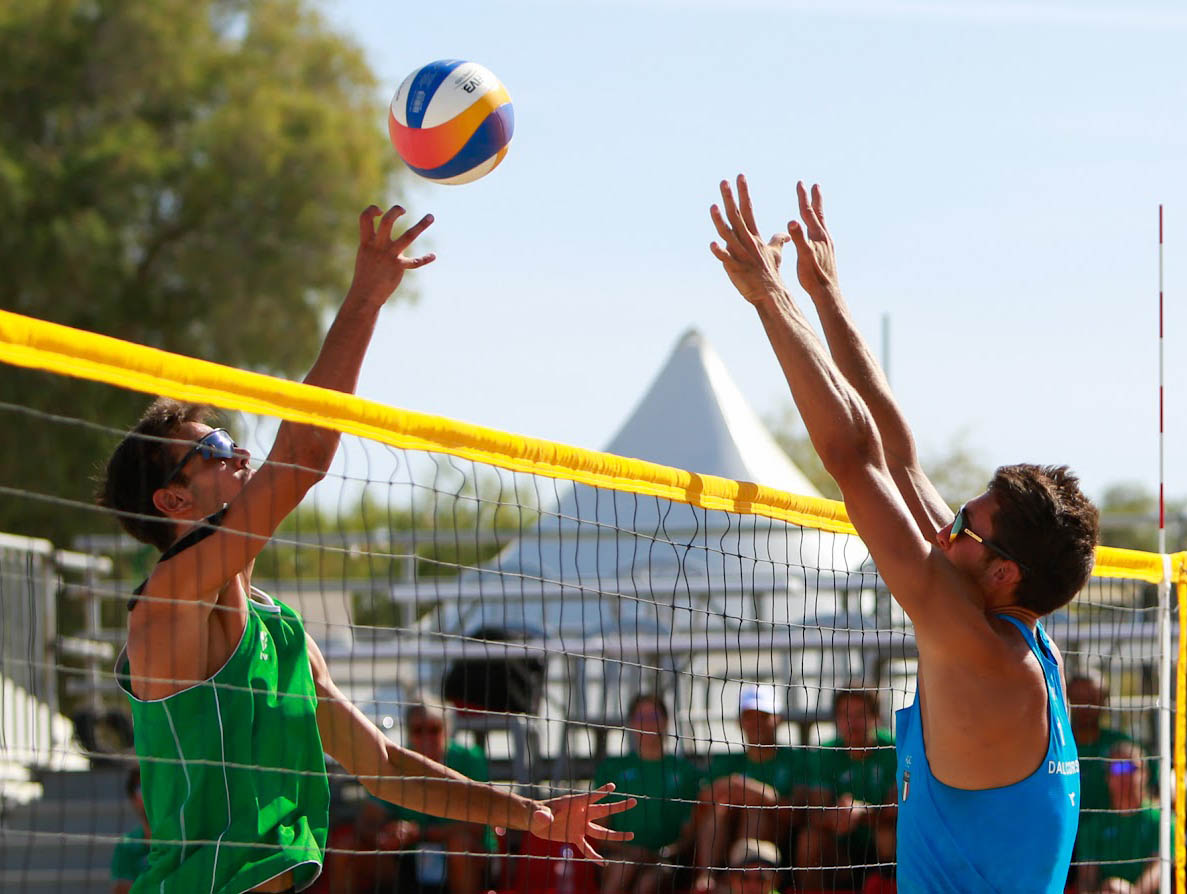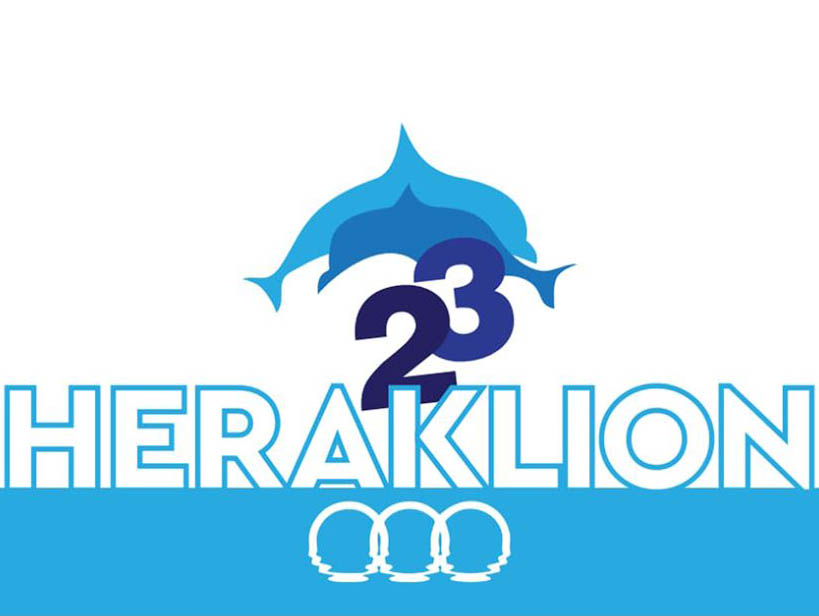1st EU Conference of Sports Ministers
From 27 to 28 November, an EU Sports Ministers Conference on the White Paper on Sport planned by the European Commission (EC) took place in Brussels.
The EC is pursuing three main aims with the White Paper, which is to be adopted in May 2007: to better anchor sport as an issue, to achieve greater legal security for sports organisations as well as to define more clearly sports specificities and values.
The EC is enabling stakeholders to make a contribution to the White Paper in the context of consultations. In June and in September 2006, consultation conferences were held on the subjects of the social and economic role of sport and its organisation as well as on governance in sport. A broad online consultation is to be launched at the beginning of 2007.
EU Commissioner Figel underlined the need to create comparable economic data on sport throughout Europe.
In addition, he considered how sport in Europe could be financed; it is currently funded mainly from lottery income. Figel suggested finding new strategies to place the financing of sport on a more solid foundation.
The Sport Ministers unanimously welcomed the White Paper on Sport and saw the need to deal with certain economic aspects of sport at European level. The economic governance of sports organisations was criticised. Some delegations welcomed the so-called Arnaut Report (Independent Football Review), but the Sports Ministers and the EC also emphasised that the subsidiarity, specificity and autonomy of sport should be respected and protected.
As a representative of the IOC and the EOC, Kai Holm criticised the over-emphasis of commercial aspects. The Arnaut Report did not represent sport as a whole.
Commissioner Figel underlined the significance of integrating sport into other areas of EU policy and gave assurances that the ECs intention with the White Paper was not to regulate more but less. This initiative is intended to be a guideline by means of which sports organisations can make their regulations in accordance with the principle of subsidiarity.
2nd Current situation regarding the Television without Frontiers directive
In expectation of the European Parliaments opinion expected to be given a first reading in mid-December, the European Council expressed its view on the general proceedings in drawing up the Television without Frontiers directive.
The Member States see four major questions as being of special significance; the directives area of application, the question of competence, product placement and the quantitative regulation of advertising. The amendment of the draft directive initiated by the European Commission in December 2005 aims to do justice to the important technological and market developments in recent years while maintaining the equality of opportunity in competition between service providers (see monthly report December 2005).
There is an interface between sport and television to the extent that every Member State can draw up lists of socially significant events that have to be available to the audience free of charge. Thus, a large number of significant sporting events are protected from restricted television broadcasting. The new directive is also to deal with the problem arising from the broadcasting of sporting and other events via telephone and the Internet.
The upcoming German Presidency of the European Council is organising an informal Council of Ministers in Berlin on this subject in February 2007, so as to take up a joint position in May 2007.

















